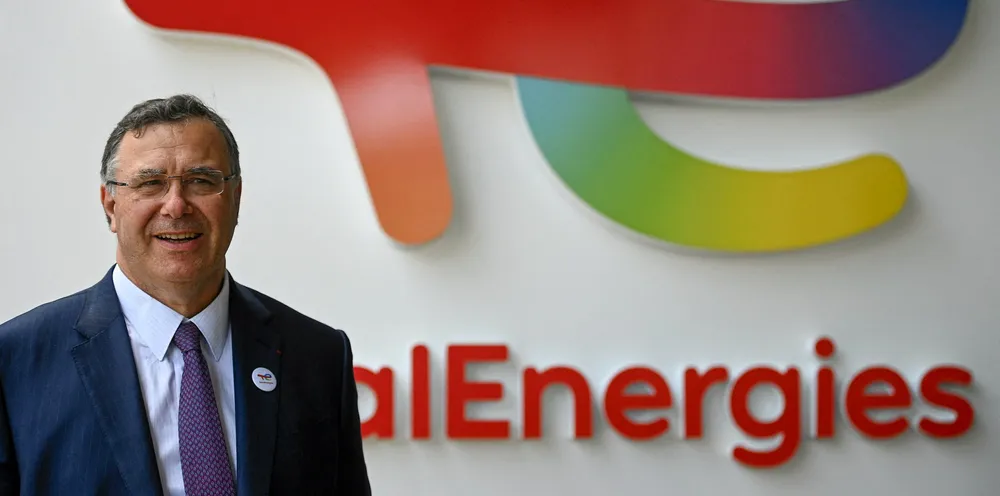'There's a risk': latecomer TotalEnergies needs offshore wind partners, says CEO
Oil & gas giant's chief executive Pouyanné says seabed leasing model and delayed entry to some markets makes joining forces the best option

Oil & gas giant's chief executive Pouyanné says seabed leasing model and delayed entry to some markets makes joining forces the best option
